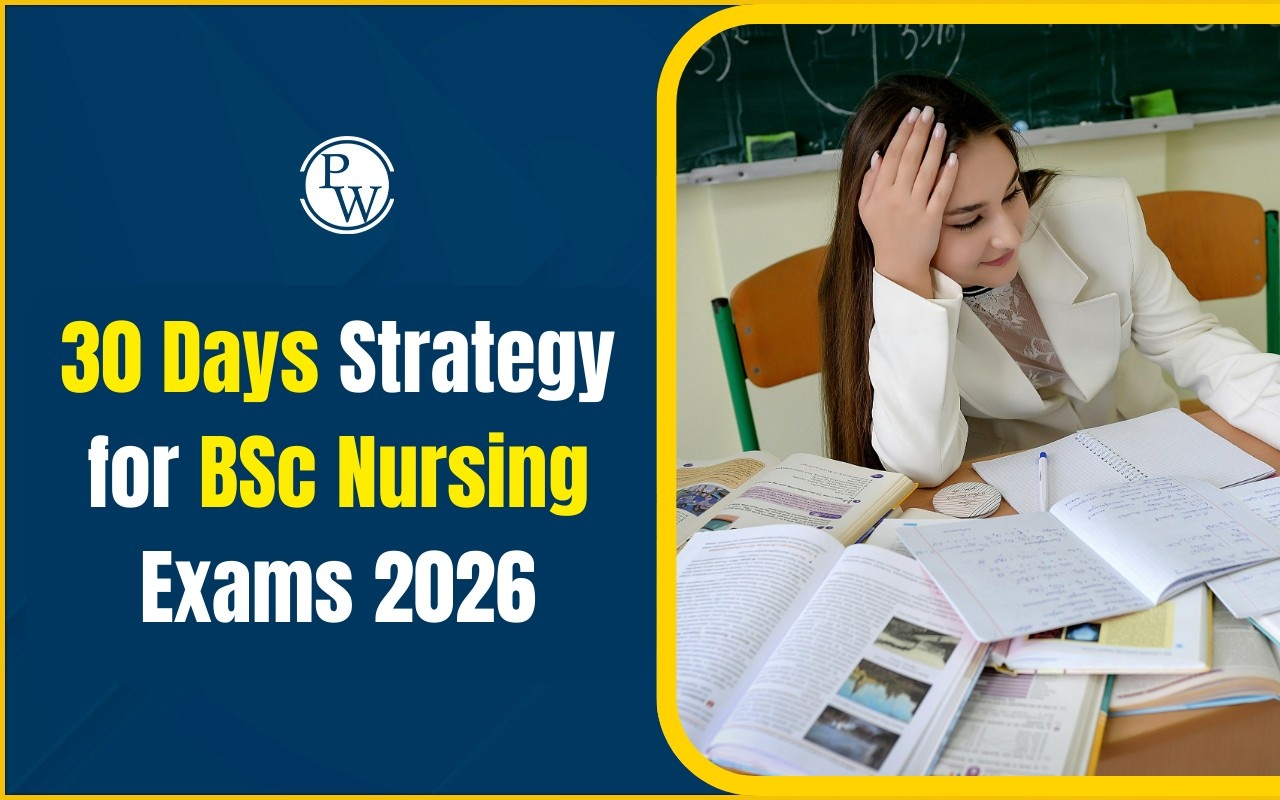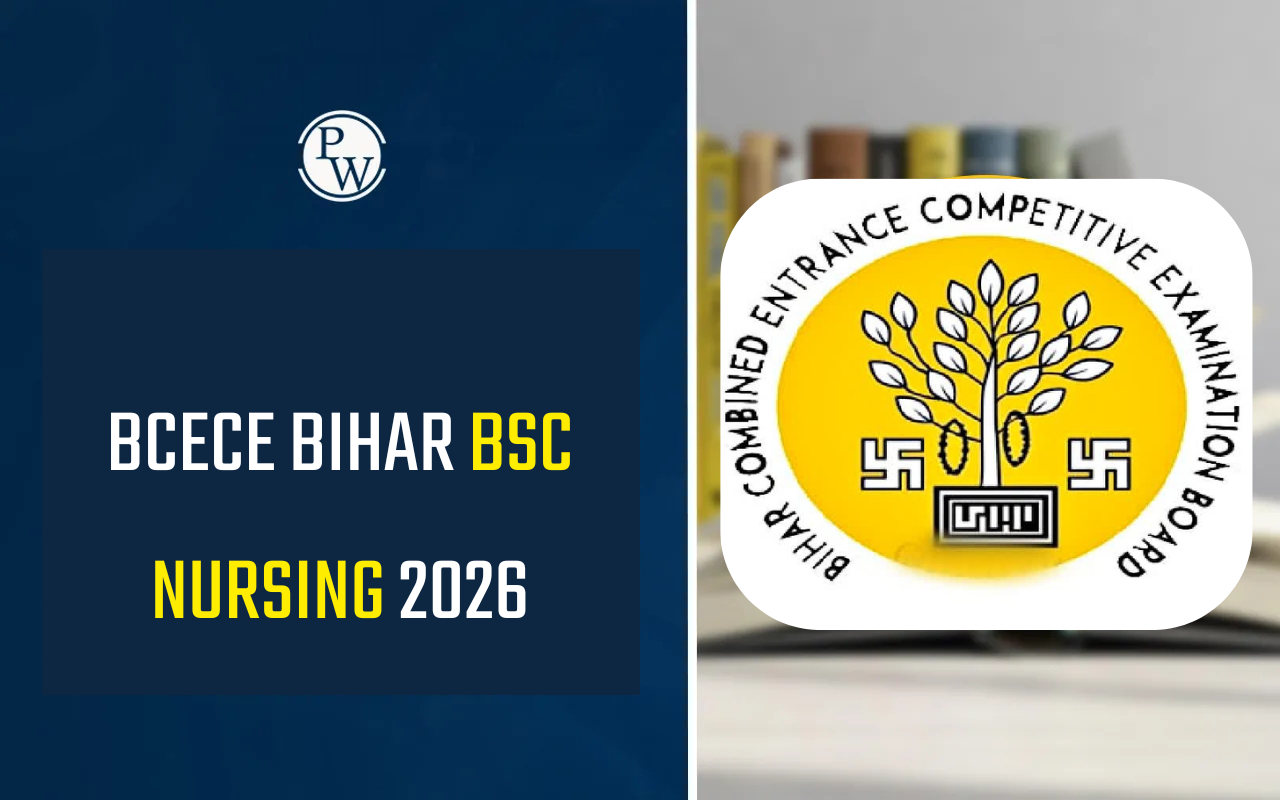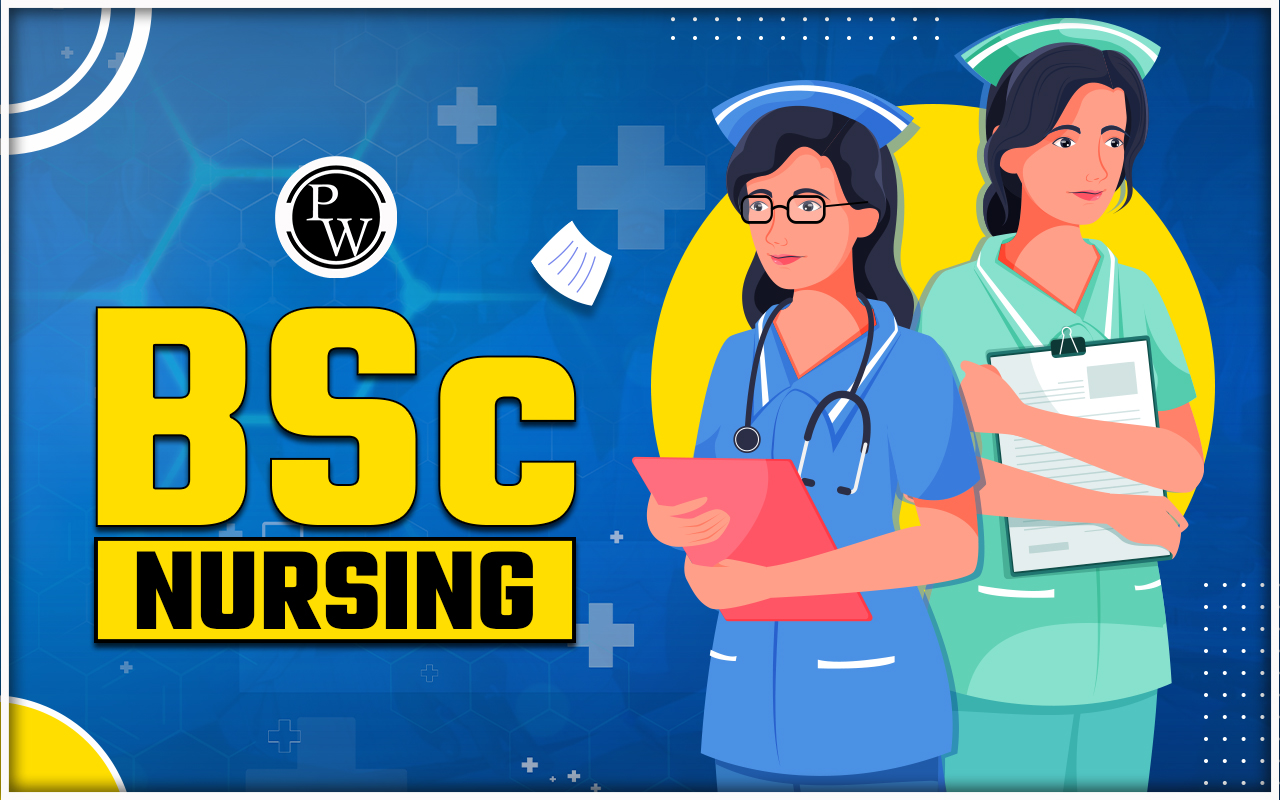
BSc Nursing Syllabus 1st Year – Applied Sociology & Psychology : The Applied Sociology & Psychology course is a key component of the first-year BSc Nursing syllabus, designed to enhance students' understanding of sociological and psychological principles and their relevance to health and nursing. The course offers 5 credits and spans 100 hours, with a focus on both sociology (40 hours) and psychology (60 hours). It emphasizes essential skills such as self-empowerment and soft skills, crucial for effective nursing practice. Key topics include social structures, culture, mental health, and cognitive processes. Various assessment methods, such as quizzes and case studies, evaluate students' comprehension and practical application of these concepts. Overall, the course prepares nursing students to deliver holistic care in diverse healthcare settings.
Course Details for BSc Nursing Syllabus 1st Year – Applied Sociology & Psychology
The Applied Sociology & Psychology course in the first semester of the BSc Nursing program is designed to provide students with a comprehensive understanding of the social and psychological factors that influence health and nursing practice. Below are the key details of the course:| Detail | Information |
|---|---|
| Placement | 1st Semester |
| Credits | 5 (Sociology-2 credits, Psychology -3 credits) |
| Duration | 100 hours Sociology -40hrs & Psychology-60hrs) |
| Description | This course equips students with foundational knowledge in sociology and psychology, emphasizing their applications in health, illness, and nursing. It fosters an understanding of soft skills and self-empowerment essential for effective nursing practice. |
BSc Nursing Syllabus 1st Year – Applied Sociology
The Applied Sociology course in the first year of the BSc Nursing program provides students with a foundational understanding of sociological concepts and their relevance to nursing practice. This course explores key areas such as social structures, culture, family dynamics, and social stratification. Below is a detailed table outlining the units and their corresponding content.| Unit | Content |
|---|---|
| Introduction | Definition, nature, and scope of sociology; significance in nursing. |
| Social Structure | Concepts of society, community, social groups, social processes, and socialization. |
| Culture | Nature, characteristics, and impact of culture on health and disease. |
| Family and Marriage | Characteristics, types of family, forms of marriage, and their health implications. |
| Social Stratification | Overview of caste and class systems, their influence on health, and social mobility. |
| Social Organization & and disorganization | Understanding social problems, disorganization, and the nurse's role in addressing these issues. |
| Clinical Sociology | Application of sociology in hospital and community settings. |
BSc Nursing Syllabus 1st Year – Applied Physiology
The Applied Physiology course in the first year of the BSc Nursing program focuses on understanding the normal functioning of the human body and its relevance to nursing practice. This comprehensive course covers a range of topics, emphasizing the physiological processes that impact health and well-being. Below is a detailed table outlining the units and their corresponding content.| Unit | Content |
|---|---|
| Introduction | Scope, branches, and significance of psychology in nursing. |
| Biological Basis of Behaviour | Body-mind relationship, genetics, and behavior. |
| Mental Health | Concepts of mental health, characteristics of mentally healthy individuals, and defense mechanisms. |
| Developmental Psychology | Psychological needs across age groups and the nurse's role. |
| Personality | Definition, classification, and assessment of personality. |
| Cognitive Processes | Attention, perception, memory, learning, and problem-solving. |
| Motivation and Emotion | Theories of motivation, emotional development, and stress adaptation. |
| Psychological Assessment | Types and principles of psychological assessments in nursing. |
| Soft Skills | Importance and application of soft skills in nursing practice. |
| Self-Empowerment | Dimensions of self-empowerment and its relevance in nursing. |
Assessment Methods for BSc Nursing Syllabus 1st Year – Applied Sociology & Psychology
The assessment methods for the Applied Sociology & Psychology course in the first year of the BSc Nursing program are designed to evaluate students’ understanding and application of key concepts. These methods ensure that students can demonstrate their knowledge through various formats, promoting critical thinking and practical skills.| Assessment Method | Description |
|---|---|
| Quizzes | Regular quizzes to evaluate understanding of basic concepts. |
| Essays | In-depth essays on specific topics to demonstrate analytical skills. |
| Short Answer Questions | Brief responses assessing key points and comprehension. |
| Case Studies | Analyzing real-world scenarios to apply theoretical knowledge. |
| Community Surveys | Practical assessments of community issues and needs. |
BSc Nursing Syllabus 1st Year – Applied Sociology & Psychology FAQs
What is the duration and credit value of the Applied Sociology & Psychology course?
Why is soft skills training included in this course?
What assessment methods are used in this course?
How does this course prepare students for nursing practice?
What key topics are covered in the Applied Sociology section?










